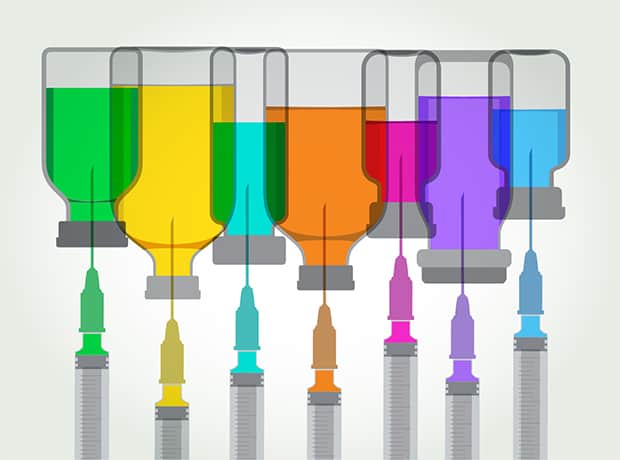The NHS is urging both parents and young people between the ages of 12 and 13 years to take up having the human papillomavirus (HPV) vaccine to meet the NHS cervical cancer elimination goal.
New figures from the UK Health Security Agency have shown that around one in six girls and one in five boys are not fully vaccinated by year 10.
HPV is a very common group of over 100 viruses which affect the skin, sometimes causing genital warts or cancer.
The HPV vaccine works to protect against a variety of cancers, including cervical, head and neck, anal and genital cancers.
It is currently offered to all 12- to 13-year-olds within schools and community clinics and requires parental consent to receive the vaccine from NHS nurses.
New statistics from the UK Health Security Agency has shown that between the academic year of 2022 to 2023, the uptake of the HPV vaccine for girls and boys in year 8 slightly
increased in comparison to 2021 to 2022, and has dropped in years 9 and 10.
Steve Russell, national director for vaccinations and screening for NHS England, said: “There are over 50,000 girls and over 70,000 boys in year 10 who were unvaccinated against HPV, so we’re urging parents of young people eligible for a vaccine to consent to their children getting their HPV vaccines from nurses when they visit schools.”
The HPV vaccination programme falls in alignment with the NHS’s goal to eliminate cervical cancer by 2040, which relies on thousands of young people to get the HPV vaccination and cervical screening.
Affecting around 86.8% of women in England, cervical cancer is a cancer which is found anywhere in the cervix.
Last year, in September, the NHS updated its HPV vaccination programme from two doses to a single dose for most under 25s, making it easier for young people and parents to get protected.










